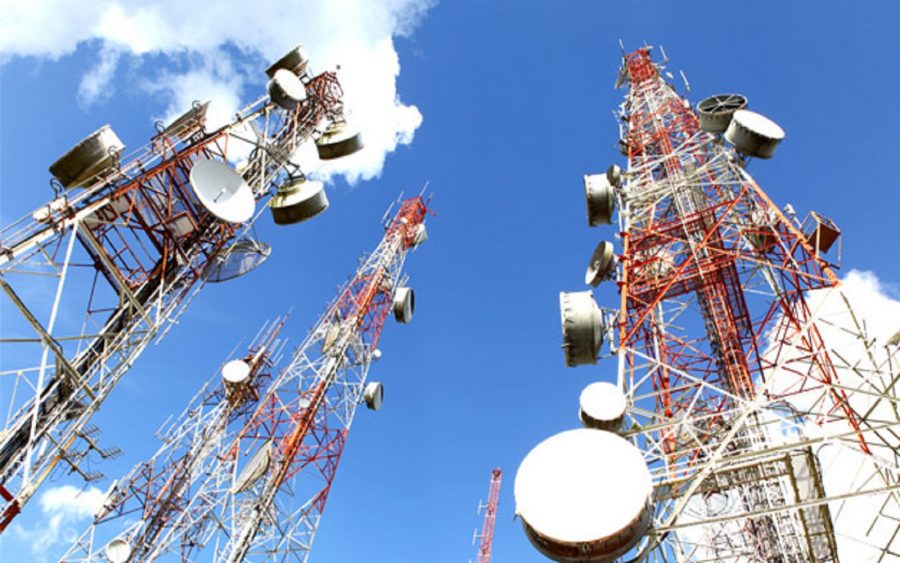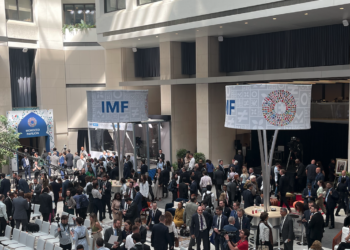Information and Communications Technology (ICT) contributed 18.44% to Nigeria’s real Gross Domestic Product (GDP) in the second quarter of 2022. This is higher than its contribution in the same quarter of the previous year in which it represented 17.92% and higher than the preceding quarter in which it represented 16.20%.
The National Bureau of Statistics (NBS) disclosed this in the Q2 GDP statistics released on Friday.
According to NBS, the ICT sector is composed of four activities – Telecommunications and Information Services; Publishing; Motion Picture, Sound Recording, and Music Production; and Broadcasting. The sector’s growth was driven largely by activities in the telecommunications sub-sector, which contributed 9.49% to the GDP.
Recommended Reading: Agriculture grows by 1.20% in Q2
Key highlights for the ICT sector
- The sector’s contribution to nominal GDP for Q2 stood at 12.12%. This is lower than the rate of 12.22% recorded in the same quarter of 2021 but higher than the 10.55% it contributed in the preceding quarter.
- In nominal terms, in the second quarter of 2022, the sector growth was recorded at 14.11% year-on-year, 14.18% points increase from the rate of -0.07% recorded in the same quarter of 2021, and 6.43% points lower than the rate recorded in the preceding quarter.
- The Quarter-on- Quarter growth rate recorded in the second quarter of 2022 was 14.13%.
- The ICT sector in the period under review recorded a growth rate of 6.55% in real terms, year-on-year. From the rate recorded in the corresponding period of 2021, there was an increase of 0.99% points.
What you should know
- Nigeria’s gross domestic product (GDP) grew by 3.54% year-on-year in real terms in the second quarter of 2022, an improvement compared to the 3.11% growth recorded in the previous quarter.
- A cursory look at the data showed that the industrial sector contributed 19.4%, while services accounted for 57.35% of the GDP.
- Nigeria’s non-oil sector contributed 93.67% to the nation’s GDP in the second quarter of 2022, higher than the share recorded in the second quarter of 2021 which was 92.58% and also higher than the first quarter of 2022 recorded as 93.37%.























“A higher inflation rate will further depreciate the value of the Naira as import prices become more expensive’.
If domestic prices are generally higher relative to foreign prices, the importation of foreign goods with local substitutes will be cheaper. Hence, the higher demand for foreign goods will accentuate the demand for foreign currencies and further depreciate the local currency, the Naira.